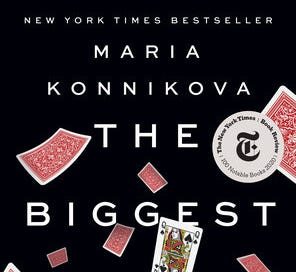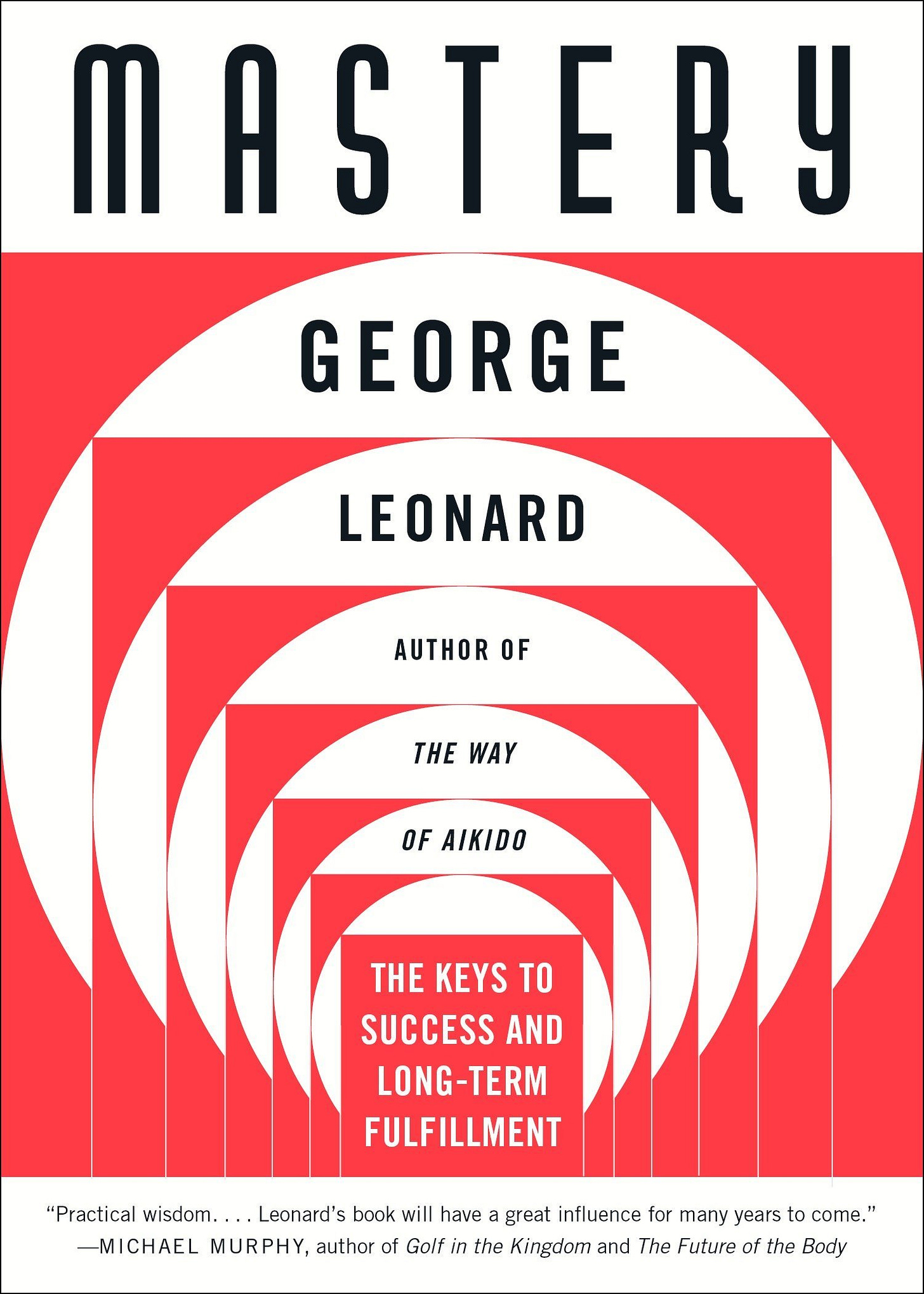Happy Friday, readers!
As I get older, I appreciate the idea of mastery more and more.
When I watched Rafael Nadal, who recently turned 36, win his 22nd major tennis championship a couple weeks ago, I was so impressed with his ability to play the game on all levels — physically (through a numb foot) as well as mentally/emotionally. His opponent, Casper Ruud, was about 15 years younger and theoretically had more strength, energy, and hunger to win. And yet Nadal dominated.
Yes, you could watch the match and learn some things about tennis itself, but there were more salient lessons to be had about resilience, mental toughness, and knowing your opponent.
This week, the books I’m featuring — one recently published and one a few decades old — are about mastery.
But first, an announcement!
The Big Read in 2023
Did you know: in addition to this newsletter, I also run an online book club over at thebigread.substack.com. Yesterday I announced the ‘23 lineup of great books we’ll be reading as a group:
Lonesome Dove by Larry McMurtry (January-March)
A non-fiction title I haven’t 100% landed on yet (April-May)
The Count of Monte Cristo by Alexandre Dumas (June-September)
Frankenstein by Mary Shelley (October, for Halloween!)
East of Eden by John Steinbeck (November-December)
A couple of those are very long, but the idea is to break it up into manageable chunks. You’ll never be reading more than ~75 pages a week, which averages out to just ~11 pages per day. Totally doable.
I’ll be providing weekly commentary, background and contextual information, additional resources, and discussion opportunities for paid subscribers.
Get some more info and sign up for the free updates here:
To be clear — since this has been confused before — Read More Books and The Big Read are separate publications on Substack. The meat of this newsletter that you’re reading right now will always be free, though I of course appreciate your support should you choose to go that route. The Big Read, on the other hand, requires a lot more background work and facilitation on my end, which is why it’s a paid newsletter (except for the occasional update for free subscribers).
The Biggest Bluff: How I Learned to Pay Attention, Master Myself, and Win by Maria Konnikova
“Less certainty. More inquiry.” —Erik Seidel
How quickly could you go from not knowing the rules of poker to playing professionally? Psychologist and author Maria Konnikova asked that question a few years ago in the midst of concurrent life crises. She didn’t just ask the question though — she actually went for it.
Turns out, with some dedicated focus, a great coach, and a willingness to endure plenty of ups and downs, Konnikova did it in just over a year. She won some tournaments, made a lot of final tables, and eventually even got bankrolled (i.e. sponsored) to play professionally.
What I most love about the story is the element of mastery that runs through the entire thing. And it’s not just about knowing the proper gameplay strategies — analyzing the decision-making of her opponents and the agonizing inconsistencies of how people act is almost more important than the card skills.
Ultimately, The Biggest Bluff is a book not about poker, but about human nature. How to master any domain, how to weather the inevitable bumps in the road, how to read and judge other people’s actions, how simply paying attention puts you a step above the competition.
It just so happens that poker is the perfect lens through which to explore those ideas.
Maria’s journey to learn about and conquer the game of poker has me thinking differently about all kinds of things. When my wife and I play tennis lately (or even just card games), I’ve taken my mindset — and hers — into greater consideration than my form; when I see a head-scratching decision at work, I’m more likely to ask “Why? What’s that person’s motivation here?” than to just blindly criticize; when I interact with my friends and neighbors, I’ve tried to focus on what I can learn about those people rather than just on what I can get out of the interaction.
The opening chapters were definitely the most interesting, but the entire book held my interest rather easily. It really gave me an itch to play some poker, but so far I’ve resisted downloading any new apps.
No matter your interest or disinterest in the game of poker, The Biggest Bluff is a really fun and insightful book to read that goes far beyond the card table.
Mastery: The Keys to Success and Long-Term Fulfillment by George Leonard
A few years back, I read Robert Green’s semi-famous Mastery, which was fine, but I didn’t really enjoy the writing style. Too textbook-like.
After spending the last couple weeks thinking more about the idea of mastery, I remembered that I had this little book on my shelf. Published in 1992, the slim work has shown some impressive staying power, and is easily found in the source notes of numerous modern psychology books.
I read the intro, was immediately hooked, and hardly put it down again until I closed the back cover a couple hours later.
Leonard quickly walks us through three types of non-masters (Dabblers, Obsessives, Hackers), the five keys to mastering any domain (be it sports/fitness, business, even relationships), and then the common pitfalls that cause us to stumble on that path to mastery.
Rather than the specific tips he gives, which are definitely useful, I most appreciated the mindset aspects (“practice lasts a lifetime”) and the almost poetic descriptions of how fulfilling mastery can be.
There were a few spots I skimmed, but overall, I really enjoyed George Leonard’s Mastery. Highly recommended for anyone with an itch to go deep in their career, a favorite hobby, or really any pursuit at all.
Thanks so much for reading! I sure appreciate the time and inbox space.
-Jeremy







I'll play some poker with you, I felt the same way while reading it! Excellent write up, couldn't agree more. My respect for poker and those who play it went way up.
I've got to check out these two books, thanks! I had similar thoughts about Greene's Mastery!